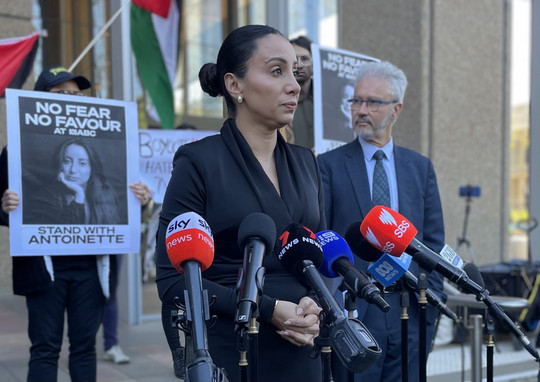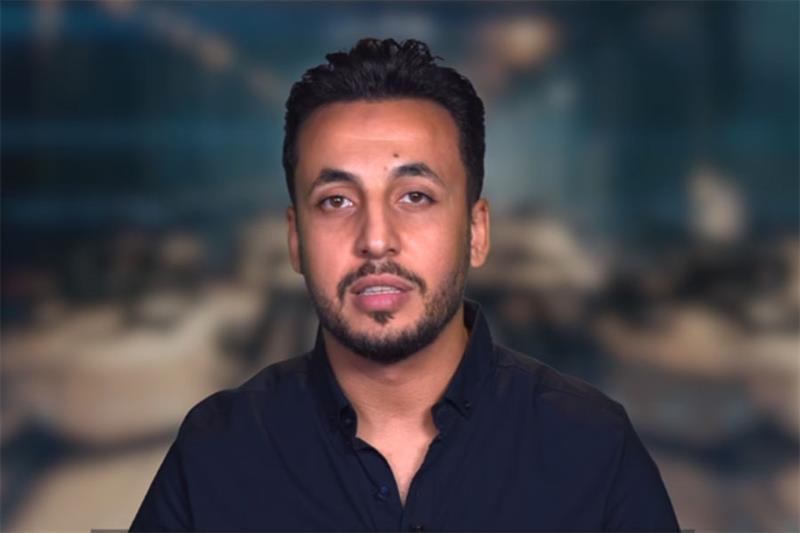
Journalists from CityBeat Face Trial After Arrest During Protest Coverage
September 29, 2025
Australian Journalists Face Censorship Over Gaza Reporting
September 29, 2025September 29, 2025 – Egypt/UK/Palestine –
The Egyptian Journalists’ Syndicate, led by Khaled El-Balshy, has publicly condemned the BBC’s actions against Egyptian journalist Mohad ElSharkawy, calling them “arbitrary and unjust.” According to Ahram Online, ElSharkawy was relieved of prospective duties at the BBC after the network accused him of being “anti-Semitic” following his social media posts about Palestine.
ElSharkawy, who had cleared tests and interviews for a senior producer position on the BBC programme Dars, says he had even received a firm start date before the BBC reversed course and withdrew the offer. He claims the broadcaster effectively silenced him after labelling his writings anti-Semitic.
The Syndicate’s statement frames the BBC’s decision as a violation not only of ElSharkawy’s professional rights but also of freedom of expression. El-Balshy and the Syndicate demand that the BBC reconsider its move and reinstate ElSharkawy’s appointment, arguing that media organizations cannot arbitrarily penalize journalists for commentary on issues of public importance.
ElSharkawy’s accusations reflect a broader tension over editorial autonomy and content moderation in global media institutions. While employers often maintain guidelines around hate speech or language standards, the line between critical discourse and prohibited expression can become contested—especially when political sensitivity is involved. In this case, ElSharkawy’s supporters argue the BBC’s action amounts to censorship rather than policy enforcement.
The BBC, for its part, has not publicly detailed specific internal findings or given a full explanation for its termination of the offer. The broadcaster’s decision raises questions about how major media outlets adjudicate controversial speech, particularly in geopolitically charged contexts like the Israel–Palestine conflict.
Observers in the Egyptian press community see the case as a test for journalistic protections when individuals engage in politically sensitive discourse. If a global network can rescind assignment decisions based on labeling a journalist’s views, many worry it sets a chilling precedent for media practitioners worldwide who comment on contentious topics.
As the dispute draws attention, calls are growing for transparency from the BBC, protection for ElSharkawy’s professional prospects, and clearer boundaries on editorial censorship versus expression — especially for journalists whose work engages with global politics.
Reference –




